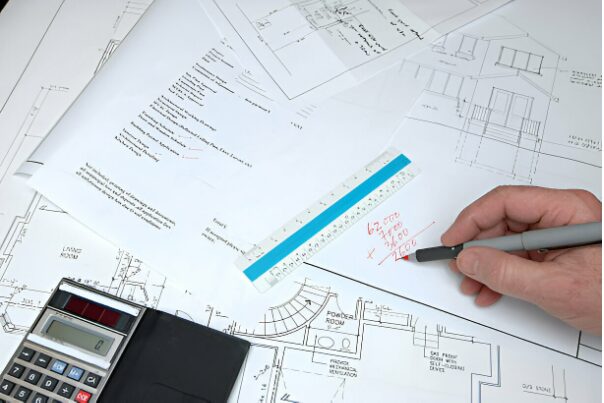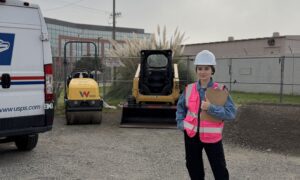In the fast-paced and highly competitive construction world, accurate estimating is crucial for project profitability. This is particularly true in a dynamic and complex market like New York City, where the cost of materials, labor, and other factors can fluctuate rapidly. For contractors, developers, and project managers, understanding how NYC construction estimating directly influences project profitability can make or break a project’s financial success.
The Role of Construction Estimating in NYC
Construction estimating involves predicting the total cost of a project, including labor, materials, equipment, and overhead. In New York City, the importance of precise construction estimating cannot be overstated due to the city’s unique challenges: high land costs, tight regulations, and unpredictable market conditions.
A construction estimating company in NYC can provide a detailed, itemized breakdown of costs, allowing project managers to avoid unexpected financial burdens. From high-rise buildings to infrastructure projects, accurate estimates ensure that contractors are bidding on a realistic scope of work, reducing the chances of cost overruns.
How Accurate Estimating Affects Profit Margins
One of the most direct ways construction estimating impacts profitability is through its effect on bid accuracy. An underestimation can lead to significant losses, while an overestimation might drive potential clients away. Both scenarios can harm a contractor’s bottom line and damage long-term business relationships.
For example, a construction estimating company specializing in NYC projects will account for the nuances of working in the city, such as fluctuating labor rates, local building codes, and weather. These factors all contribute to the true cost of a project and are critical to ensuring that bids are both competitive and profitable.
Painting Estimating Services NYC: A Special Case
Certain trades within construction, like painting, require specialized knowledge for accurate estimating. Painting Estimating Services NYC play a vital role in this regard. Estimating the costs associated with painting services involves more than just calculating the number of coats of paint required; it includes understanding surface preparation, labor hours, and the cost of high-quality materials essential for enduring NYC’s climate.
A professional painting estimating service will help contractors avoid common pitfalls, such as underestimating the time it takes to prepare surfaces or failing to account for the special coatings needed for New York’s humid or coastal environments. For contractors focusing on painting as a subtrade or primary service, these specialized estimates ensure that every project remains within budget and maintains healthy profit margins.
Mitigating Risks with Accurate Estimates
A detailed, methodical approach can reduce the risk of inaccurate estimates. Access to professional services like construction estimating companies that are experts in NYC-specific challenges helps mitigate risks associated with fluctuating costs and unforeseen delays. These companies can provide detailed cost projections, allowing contractors to foresee potential challenges and factor them into their pricing models.
Moreover, consistently generating accurate estimates builds a strong reputation and fosters client trust, which is invaluable in a city like NYC, where competition is fierce. Whether it’s a new skyscraper in Manhattan or a residential renovation in Brooklyn, accurate estimating can help secure long-term relationships with clients and subcontractors.
Conclusion
In New York City, where the construction landscape is marked by its unique set of challenges, construction estimating plays a pivotal role in ensuring project profitability. Contractors who partner with experienced construction estimating companies can achieve more accurate bids, avoid costly overruns, and ensure their projects are completed on time and within budget. Specialized services like Painting Estimating Services NYC further fine-tune the process by addressing the particular requirements of specific trades, ultimately protecting the profitability of the entire project.



































